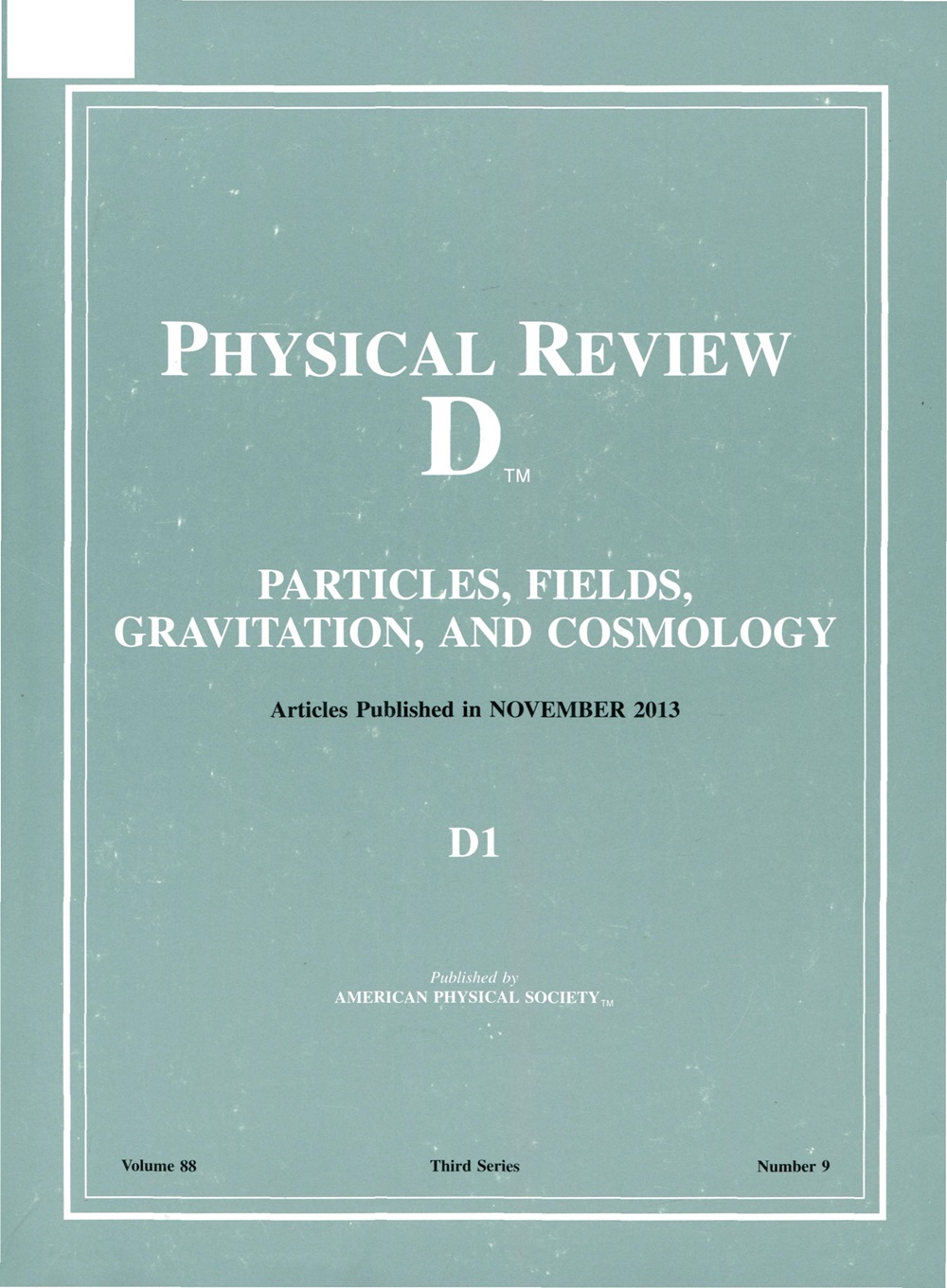Searching for stellar-origin binary black holes in LISA Data Challenge 1b: Yorsh
IF 5
2区 物理与天体物理
Q1 Physics and Astronomy
引用次数: 0
Abstract
This paper reports the first search for stellar-origin binary black holes within the LISA Data Challenges (LDC). The search algorithm and the LDC datasets, both previously described elsewhere, are only summarized briefly; the primary focus here is to present the results of applying the search to the challenge of data. The search employs a hierarchical approach, leveraging semicoherent matching of template waveforms to the data using a variable number of segments, combined with a particle swarm algorithm for parameter space exploration. The computational pipeline is accelerated using graphics processing unit (GPU) hardware. The results of two searches using different models of the LISA response are presented. The most effective search finds all five sources in the data challenge with injected signal-to-noise ratios ≳12. Rapid parameter estimation is performed for these sources.求助全文
约1分钟内获得全文
求助全文
来源期刊

Physical Review D
物理-天文与天体物理
CiteScore
9.20
自引率
36.00%
发文量
0
审稿时长
2 months
期刊介绍:
Physical Review D (PRD) is a leading journal in elementary particle physics, field theory, gravitation, and cosmology and is one of the top-cited journals in high-energy physics.
PRD covers experimental and theoretical results in all aspects of particle physics, field theory, gravitation and cosmology, including:
Particle physics experiments,
Electroweak interactions,
Strong interactions,
Lattice field theories, lattice QCD,
Beyond the standard model physics,
Phenomenological aspects of field theory, general methods,
Gravity, cosmology, cosmic rays,
Astrophysics and astroparticle physics,
General relativity,
Formal aspects of field theory, field theory in curved space,
String theory, quantum gravity, gauge/gravity duality.
 求助内容:
求助内容: 应助结果提醒方式:
应助结果提醒方式:


